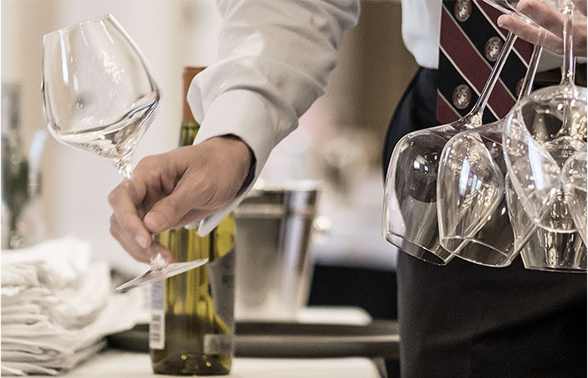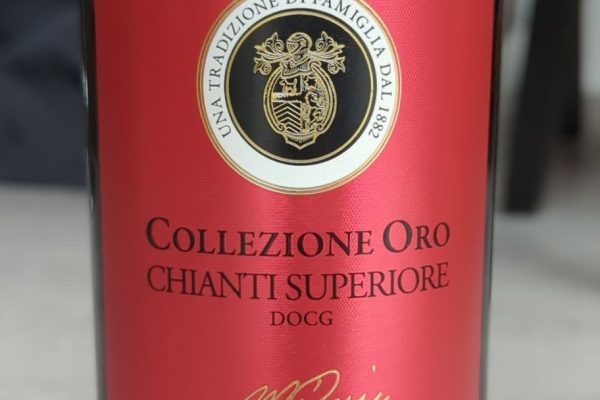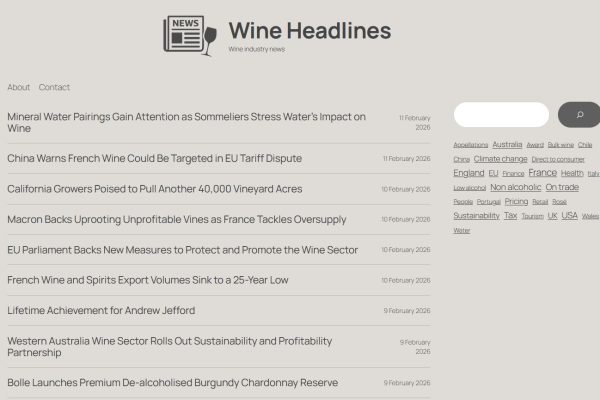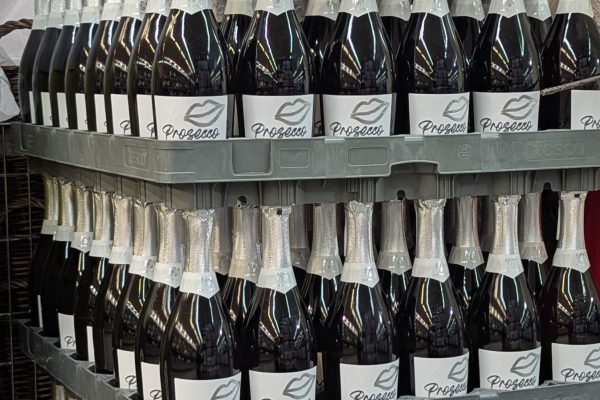
The UK government has announced a series of reforms aimed at boosting investment and easing regulatory burdens on the wine industry. Set to take effect in 2024, these changes are part of a broader strategy to modernise the sector and encourage sustainable practices. The reforms were announced are the result of a public consultation.
The existing regulations governing the wine industry have long been considered cumbersome and restrictive. Feedback from industry stakeholders highlighted that the current 400-page rulebook has been stifling innovation and preventing the introduction of more efficient and sustainable practices. The reforms are designed to remove these constraints while maintaining high standards of quality and safety.
One of the most significant changes is the removal of expensive and cumbersome packaging requirements. For instance, the mandatory requirement that certain sparkling wines must have foil caps and mushroom-shaped stoppers will be abolished. This is expected to reduce unnecessary waste and packaging costs for businesses.
The government will also remove the requirement for imported wines to have an importer address on the label. Instead, only the Food Business Operator (FBO) responsible for ensuring all legal requirements are met will need to be identified. This change aims to create more frictionless trade and reduce administrative burdens.
Further reforms will give producers more freedom to use hybrid varieties of grapes. This will enable growers to choose the variety that works best for them, thereby reducing vine loss due to disease or climate change. It will also provide consumers with a greater choice of wines.
The reforms have been welcomed by industry leaders. Miles Beale, Chief Executive of the UK’s Wine and Spirit Trade Association, praised the changes, particularly those related to importer labelling, as they will significantly reduce the post-Brexit impact of having to have a unique UK label. Ned Awty, Director and Interim CEO of Wines of Great Britain, also expressed support for the measures that promote sustainability and innovation.
Under the new rules, the minimum alcohol by volume (ABV) required for a drink to be marketed as ‘wine’ will be lowered to 0%. While this aims to meet demand for low-alcohol options, concerns have been raised about consumer confusion and the potential for misleading labels. The UK’s Wine and Spirit Trade Association suggests that new labelling rules will be needed to maintain consumer confidence.
The UK wine industry is a significant part of the economy, worth over £10 billion in 2022. These reforms are expected to modernise regulations and encourage investment in all areas of the sector, from domestic wine trade to thriving vineyards and wineries. By scrapping outdated and burdensome rules, the government aims to foster an environment where the UK wine industry can continue to innovate and grow.














